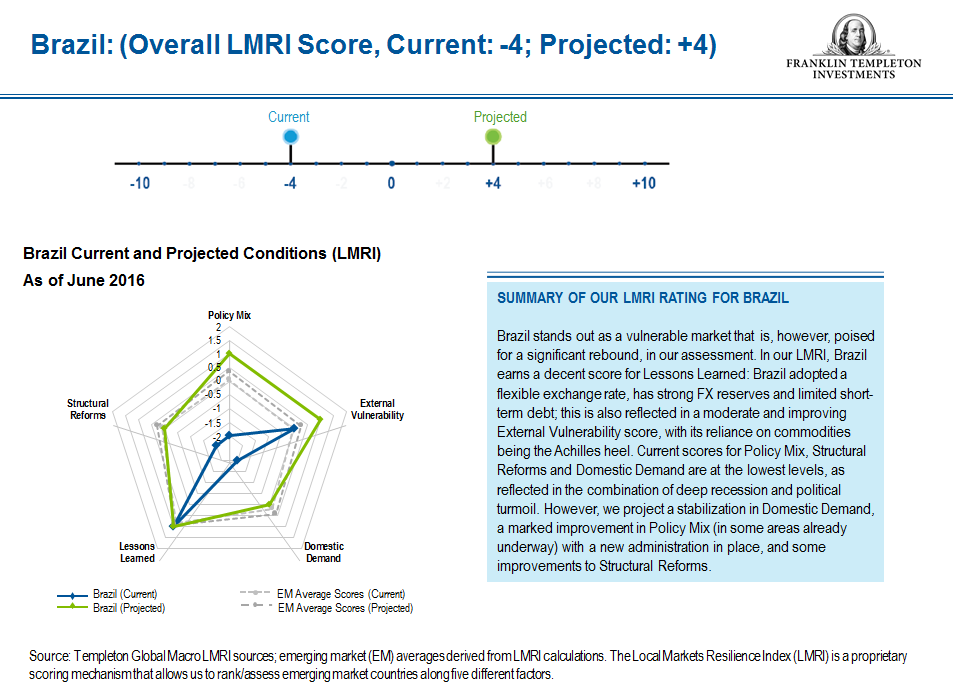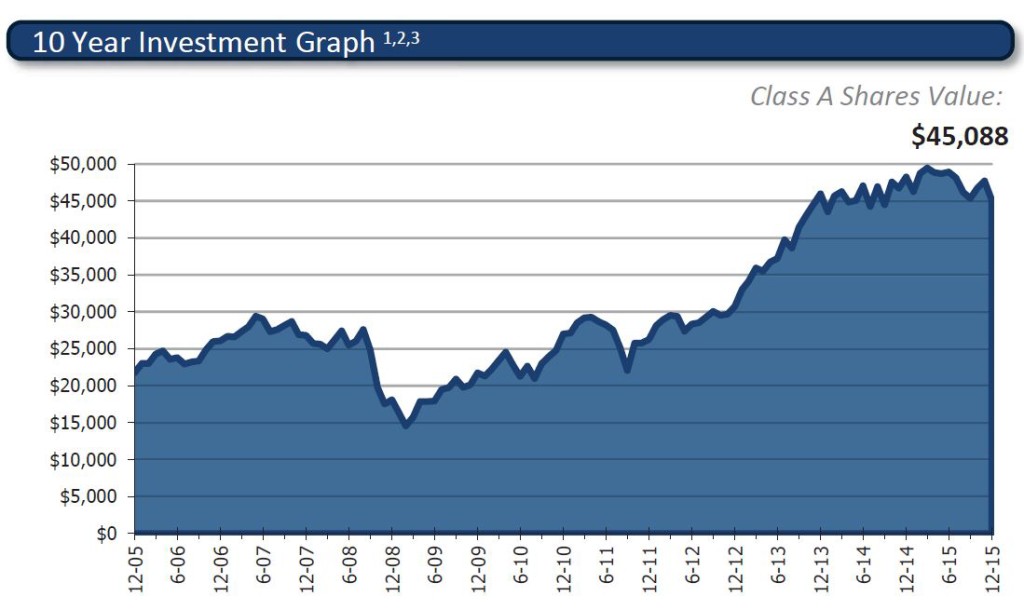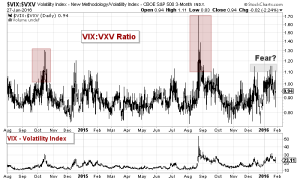Best Blogs of the Week #246
Three posts this week to consider, including an interesting retirement income approach via Vanguard.
BlackRock – How investment advisors are changing with the times – How investment advisors are changing with the times – Last year, almost 20% of the surveyed viewed robo advice as a threat to their businesses, while 39% saw robo technology as an opportunity. This year’s study was significantly more optimistic: Only 14% saw robos as a threat, while nearly half saw them as an opportunity.
Vanguard – Changes to Form 5500: Lessons from the life of a beta fish – Benchmarking often leads to plan design enhancements that improve participant retirement outcomes. Of course, transparency into any individual plan could also produce an entirely different outcome. For example, the proposal indicates that the IRS and DOL could use the Form 5500 data for targeted enforcement of plans with compliance issues noted on the form. It wouldn’t be surprising for these plans to be subject to future audits.
Vanguard – Sustaining retirement income in a lower-return world – Two of the most popular are the “dollar plus inflation” and the “percentage of portfolio” rules. I’d like to offer what I consider an alternate solution: the “dynamic spending” strategy.










